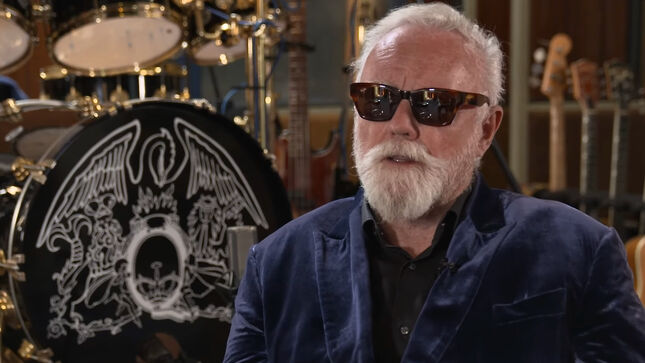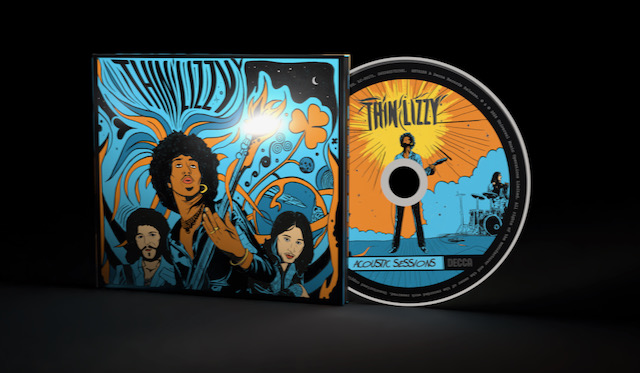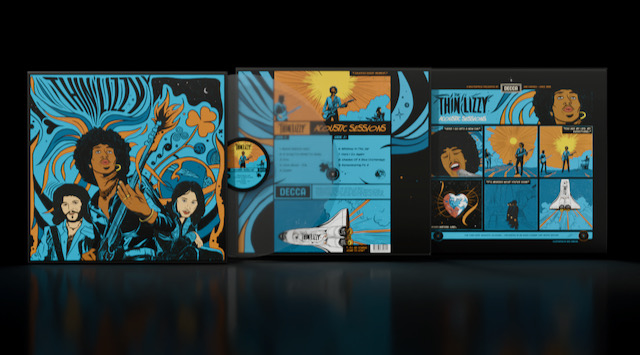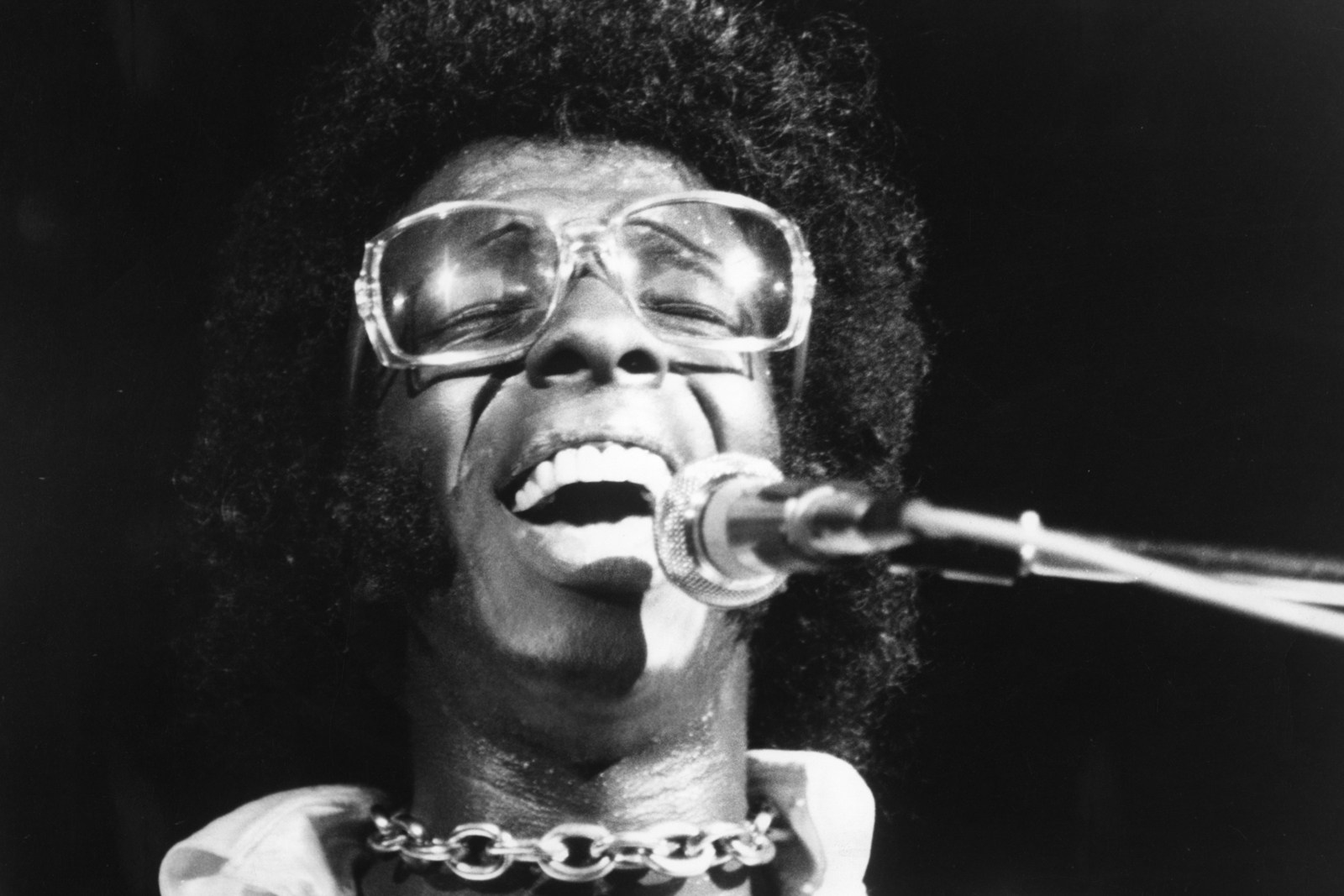Syd Barrett left Pink Floyd in 1968, but it would be another two whole years until his debut solo album, The Madcap Laughs, would be released in the U.K.
Two years may not sound like all that much time, but considering how prolific he had been for much of the ’60s — he wrote or co-wrote all but one song on Pink Floyd’s first album, The Piper at the Gates of Dawn, for example — the delay seemed unusual.
On the other hand, the gap made sense given Barrett’s erratic behavior and difficulty focusing in the studio. Even today, years after his death, Barrett’s exact condition is debated by people who knew him — psychedelic drugs no doubt played a role — but one thing was clear: his mental health, at that point, had taken a turn for the worse and it affected his ability to work efficiently.
The Beginning of ‘The Madcap Laughs’
Work on The Madcap Laughs began in May of 1968, the month after Barrett’s departure from Pink Floyd was formally announced. For the band, Barrett’s increasing unreliability — destroying equipment, not showing up to gigs — had become too much of a problem in terms of both recording music and performing it live. Removing him from the group seemed the most sensible option for everyone involved.
“How could we possibly survive?” Roger Waters would rather bluntly recall in a 2022 interview. “If the guy who writes the songs in the band goes crazy, you’re f*****, basically.”
Attempt Number One
If it had been up to Barrett, he may not have continued with a solo career at all, but at the behest of EMI Records, plus Peter Jenner and Andrew King from Pink Floyd’s management, who had also left the group, he reentered the studio. For a handful of months, they tried to record new songs, but Barrett’s capacity for consistent focus was limited.
“I was hoping that it would get finished,” Jenner recalled in a 2014 interview, “but with Syd it was really bits and pieces that would come through, bits of songs and bits of riffs and bits of lyrics. They would just come and then they would go and occasionally they would came back again. … It was incredibly frustrating.”
Listen to Syd Barrett’s ‘Terrapin’
Unfortunately, things came to a halt around July of 1968 when Barrett and his girlfriend Lindsay Corner broke up. As the story goes, Barrett went on a drive around Britain and ended up in psychiatric care in Cambridge, the city he was born in.
Attempt Number Two
After a period of recuperation, Barrett contacted EMI, who tasked Malcolm Jones, head of their new prog rock label, Harvest, to resume work on the The Madcap Laughs. This too would ultimately prove a fraught endeavor.
These sessions began in April of 1969 and several of the tracks started with Jenner were improved upon. Jones would later recall that at this point, Barrett “seemed very together — in contrast to all the rumors circulating at the time.” Within five hours, the two of them put down vocal and guitar tracks for four new songs and two old ones, with Jones finding that the swifter they worked, the more focused Barrett was.
READ MORE: When Syd Barrett Played His Last Show With Pink Floyd
Things moved along smoothly, with more sessions taking place and friends of Barrett’s, including Jerry Shirley of Humble Pie and Willie Wilson of Joker’s Wild, coming in to contribute parts. It appeared, finally, that considerable progress was being made. The primary problem, as session musician Robert Wyatt would later recall, was that Barrett didn’t have much of a specific vision for the album.
“He was very, very easygoing,” Wyatt said. “So easygoing that you didn’t necessarily know what he wanted, or whether he was pleased with it or not, because he seemed quite pleased with what you did. I think possibly he may have suffered as well from moving into the world of commercial culture, as [Pink Floyd] did. I think it might have been very confusing for him. Being an artist, working in an attic, to us — this may be a silly illusion, it’s just a silly romantic dream, just like being a pop star. But I don’t [think] his romantic dreams were anything to do with the responsibilities of commercial pop stardom.”
And then things changed again. Barrett told his roommate he was off for a drive, but instead he followed Pink Floyd to Ibiza, where he asked David Gilmour for help on the album. Jones’ services would no longer be required.
Attempt Number Three
This is how it came to be that both Gilmour and Waters lent their hands to The Madcap Laughs as producers. Gilmour had already taken an interest in what Barrett was working on, though at that time Pink Floyd was in the process of making Ummagumma, and EMI only granted Barrett a deadline extension on the condition that the album be finished on the double. It left little room for deliberation or patience.
Listen to Syd Barrett’s ‘Octopus’
“[These sessions] were pretty tortuous and very rushed,” Gilmour told Record Collector in 2003. “Syd was very difficult, we got that very frustrated feeling: Look, it’s your f****** career, mate. Why don’t you get your finger out and do something? The guy was in trouble, and was a close friend for many years before then, so it really was the least one could do.”
After just a handful of sessions, spread out on account of Pink Floyd’s own recording responsibilities and tour commitments, The Madcap Laughs was finally completed after over a year of studio time.
The Release of ‘The Madcap Laughs’
When The Madcap Laughs was released in January of 1970, the reception was relatively quiet. Though it did reach No. 40 on the U.K. charts, it didn’t sell very well, and critical reviews of it often noted that for every fun, whimsical song, there was also a jarring, confusing one.
Barrett was mostly pleased, if a bit ambivalent.
“Yes, I liked what came out, only it was released far too long after it was done,” he lamented in a subsequent interview. “I wanted it to be a whole thing that people would listen to all the way through with everything related and balanced, the tempos and moods offsetting each other, and I hope that’s what it sounds like. I’ve got it at home, but I don’t listen to it much now.”
In the end, the lengthy amount of time in the studio confirmed what a number of people, including Barrett himself, already understood: there would be no real getting to the bottom of a musician whose artistic intent seemed somehow too big for the world he inhabited, much less the studio he made The Madcap Laughs in.
“I don’t think I’m easy to talk about. I’ve got a very irregular head,” Barrett told Rolling Stone in 1971. “And I’m not anything that you think I am anyway.”
Listen to Syd Barrett’s ‘Late Night’
Pink Floyd Solo Albums Ranked
A ranking of solo albums by members of Pink Floyd, listed from worst to best.
Gallery Credit: Nick DeRiso
























